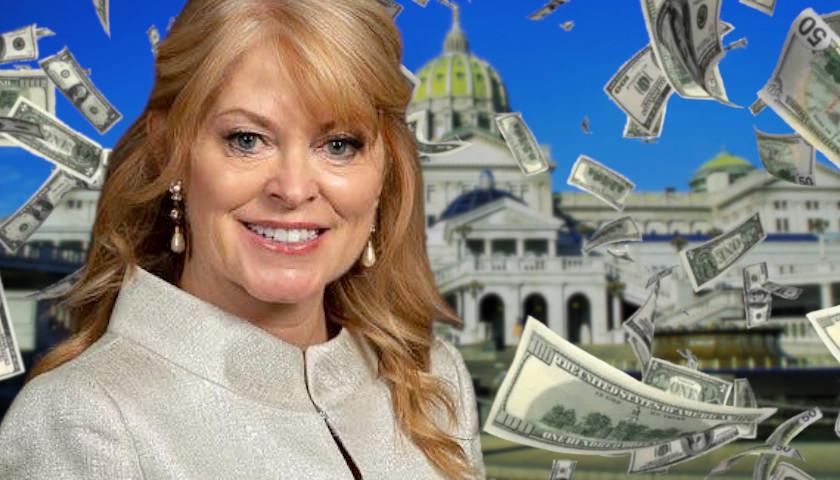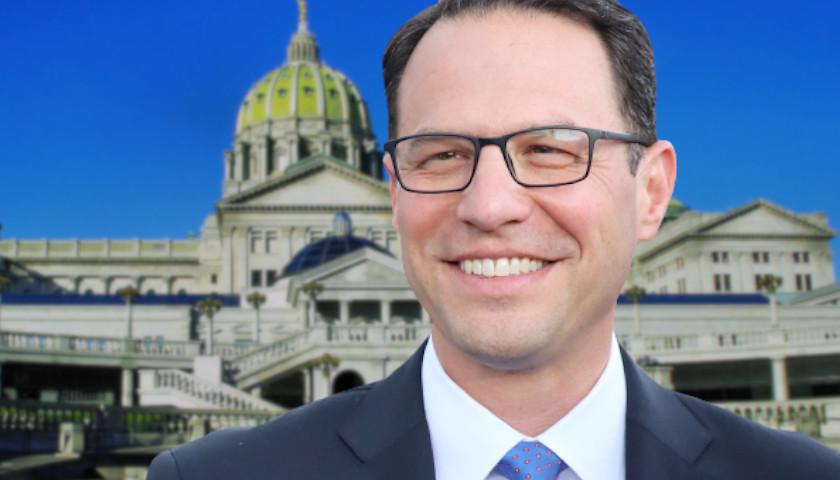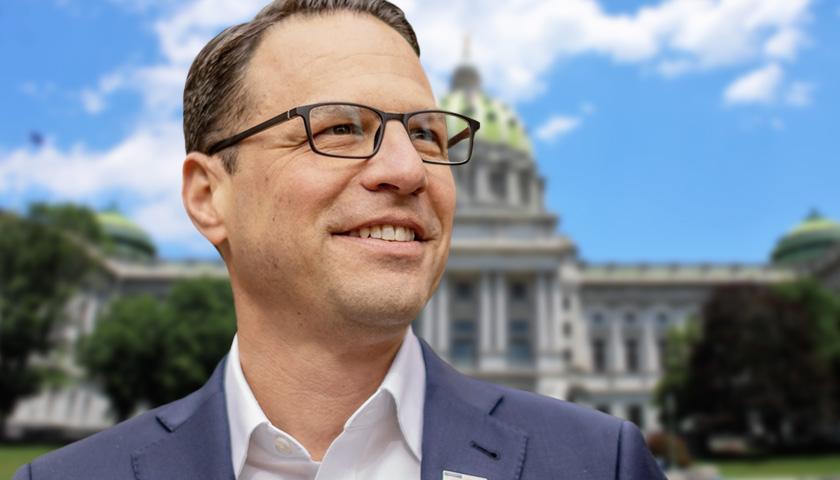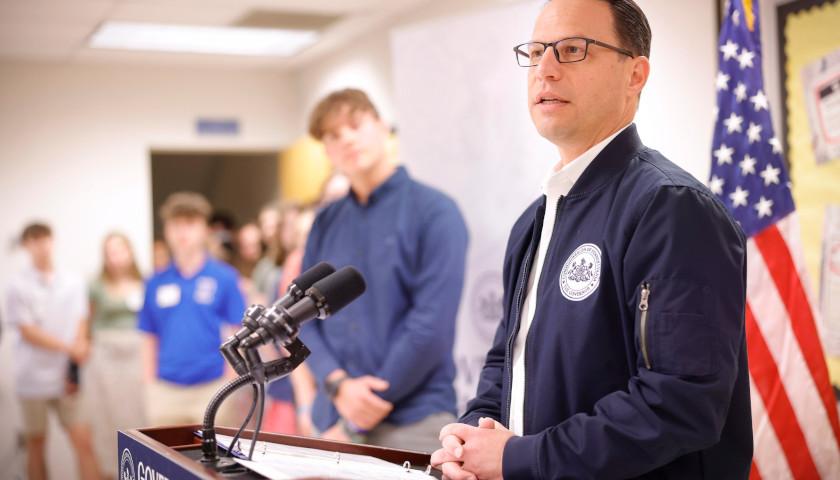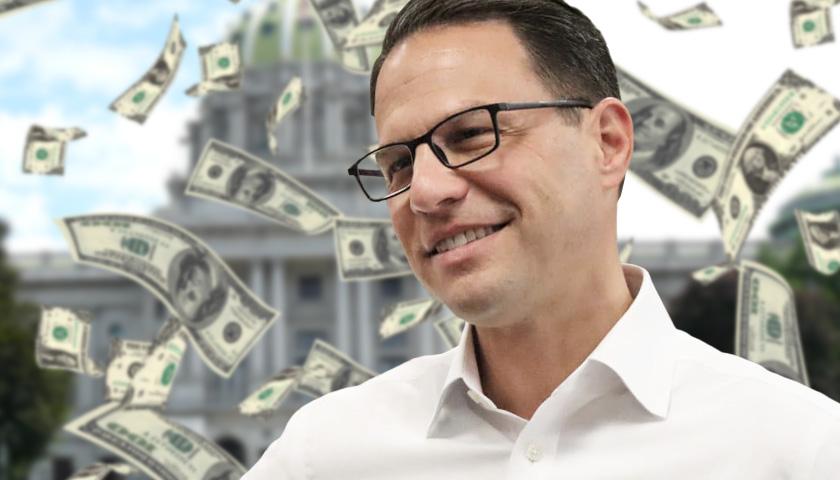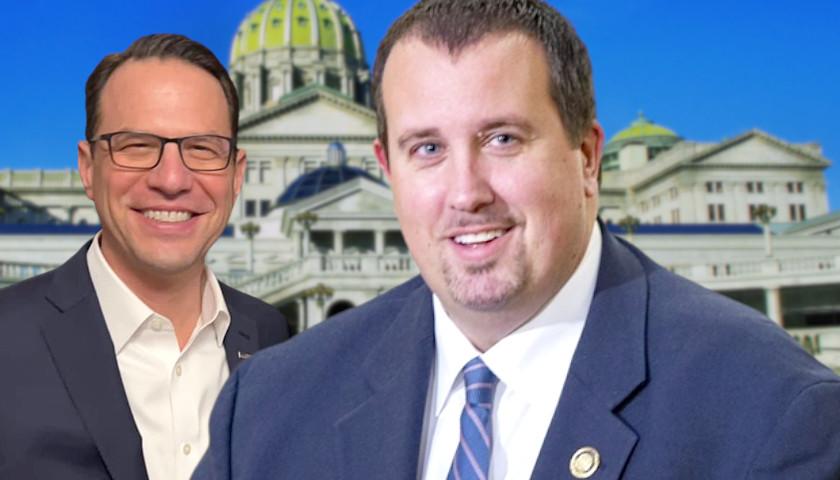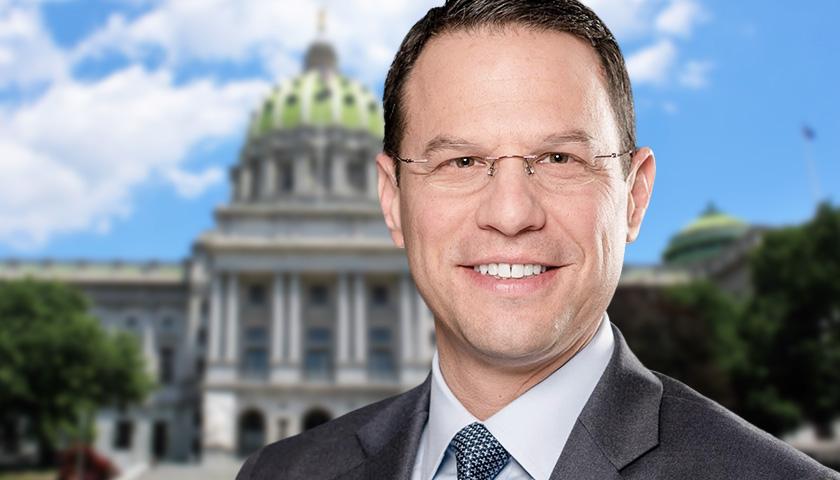The Pennsylvania Treasury switched investment strategies this week to grow the state’s emergency savings account.
The change of course comes after three years of hefty deposits from the General Assemby in what’s known as the Rainy Day Fund – a $6.1 billion account meant to sustain operations during economic downturns. Since 2021, the balance has increased 25-fold, taking the state’s ability to fund the government from two days to 48 days.
Read More
